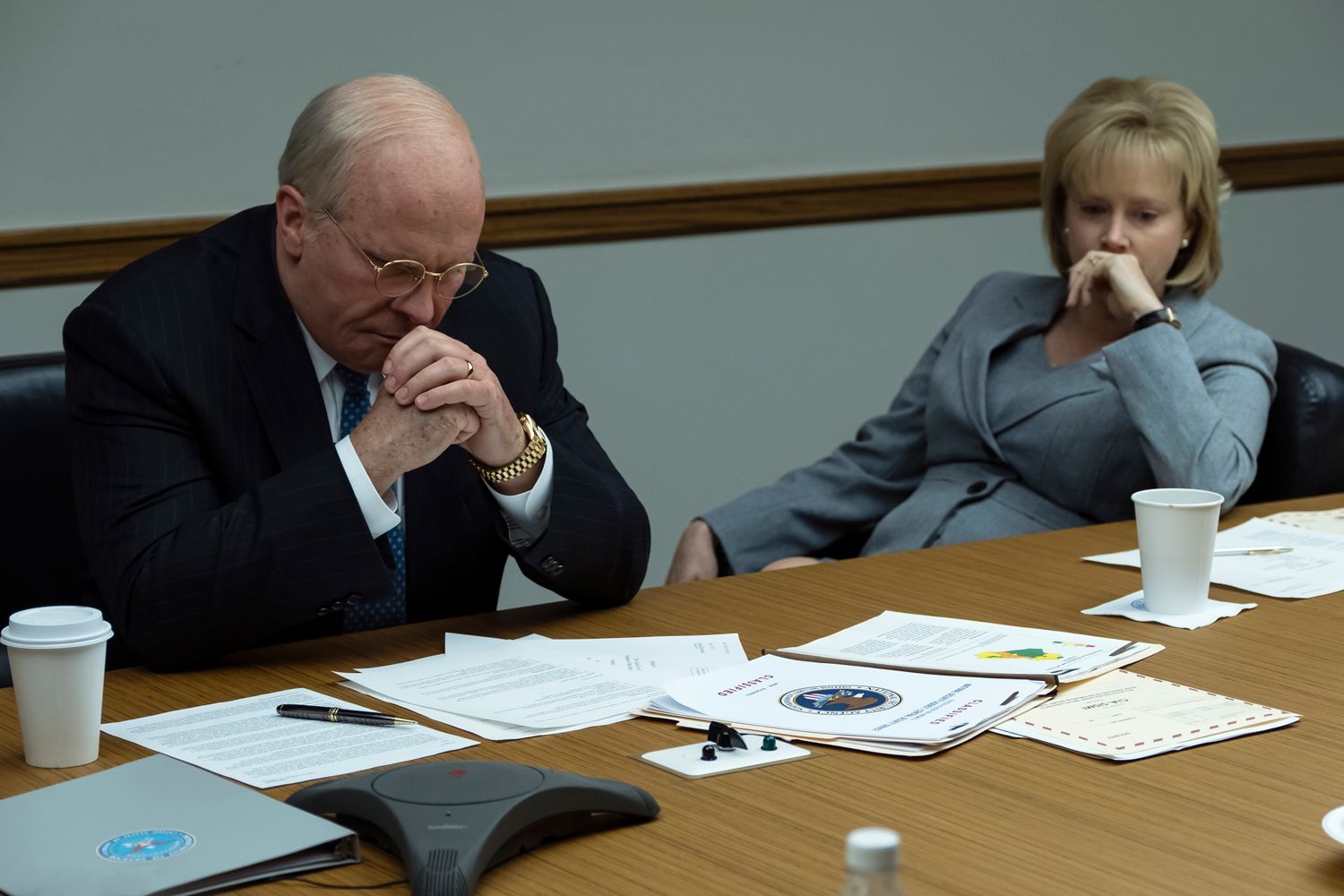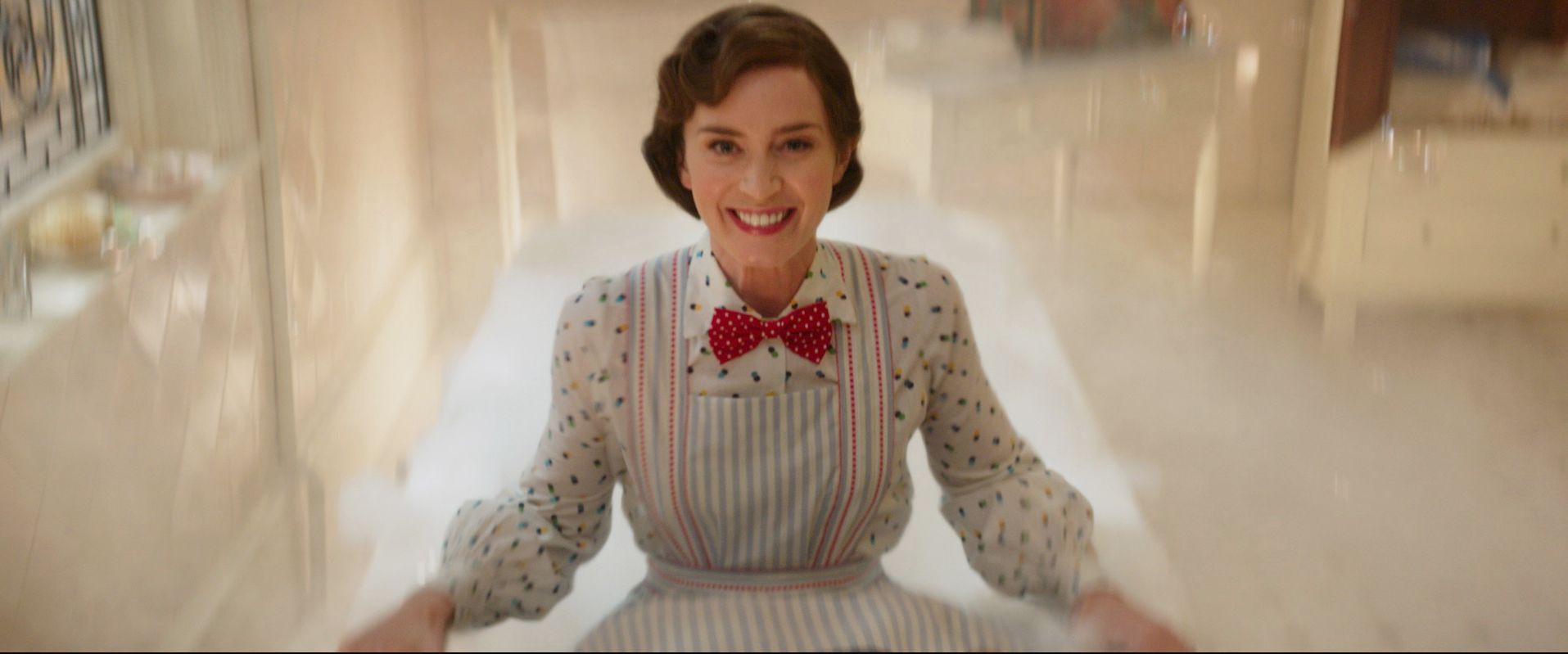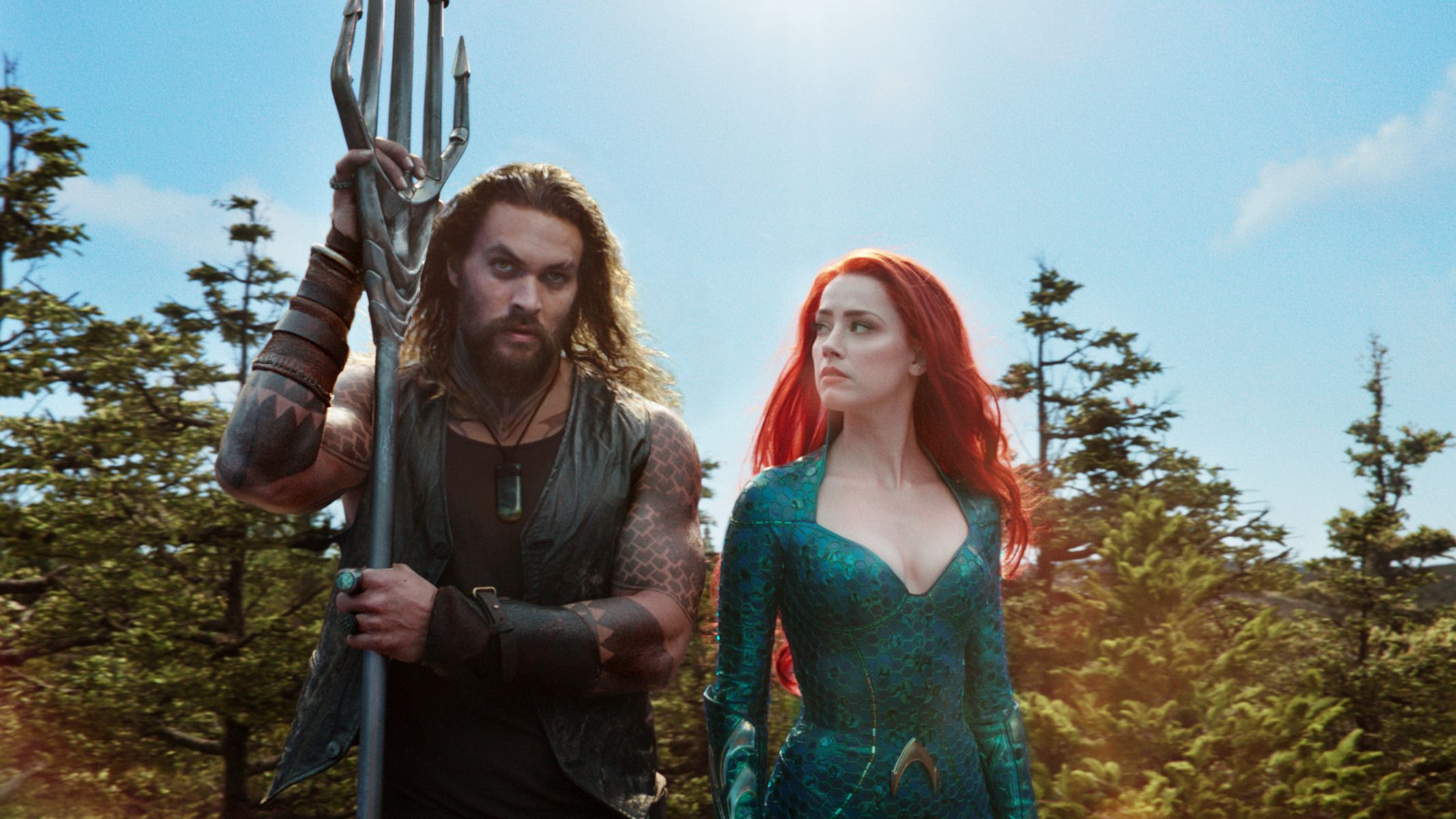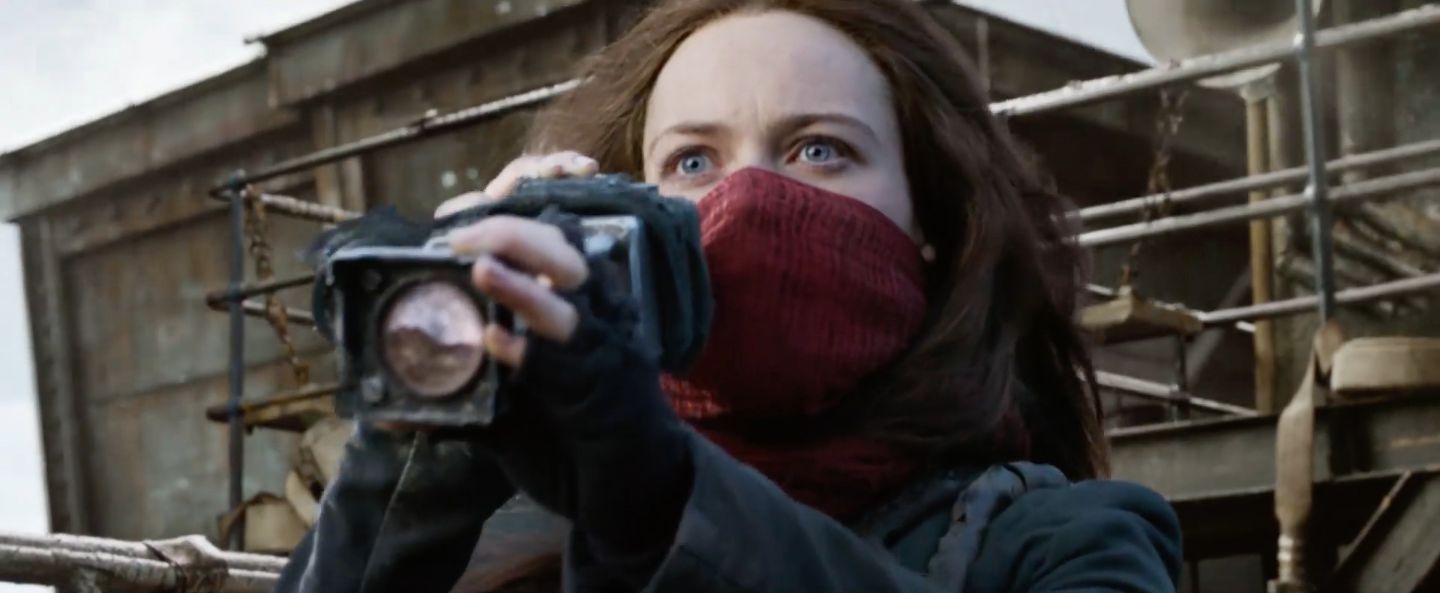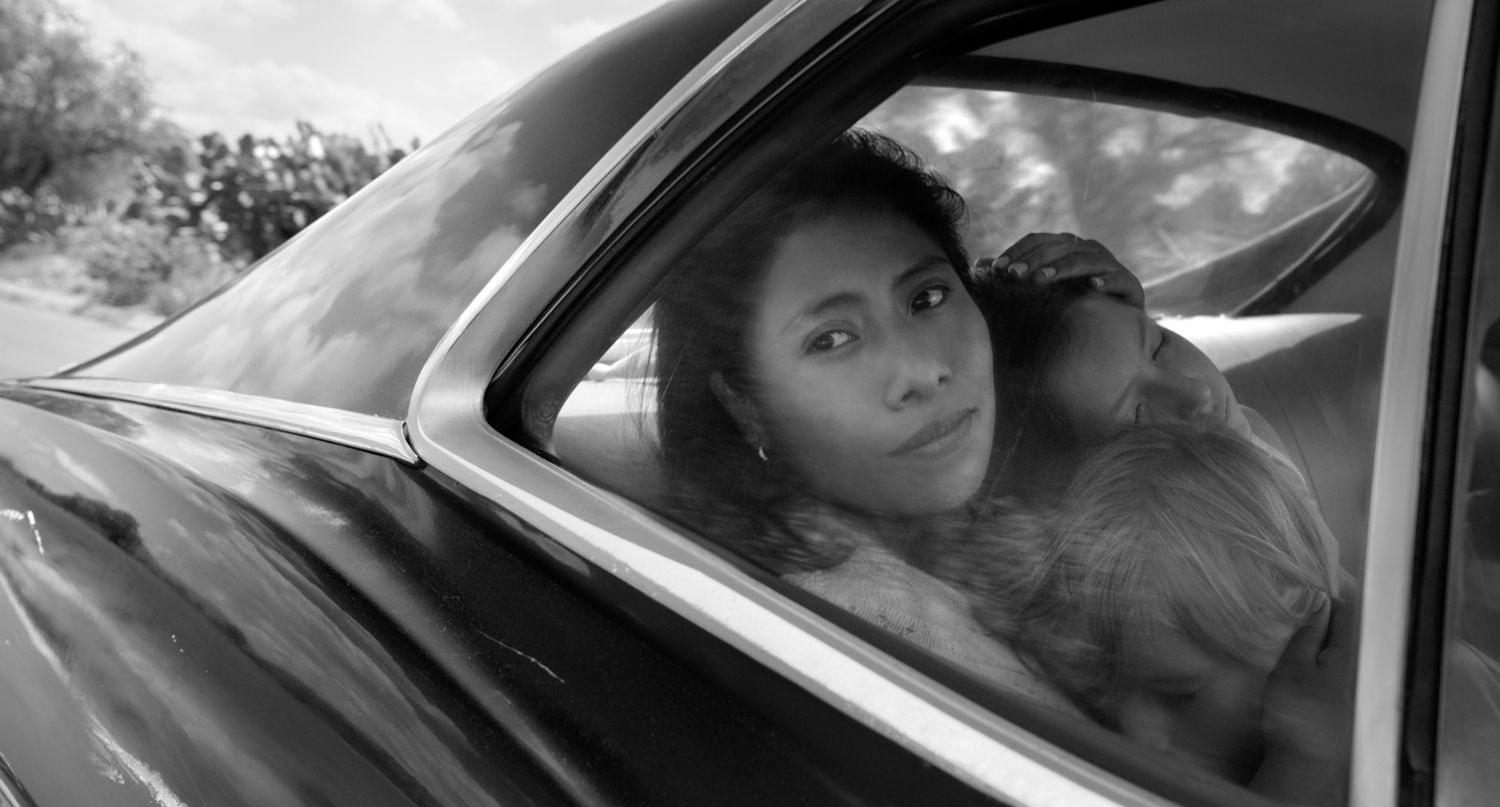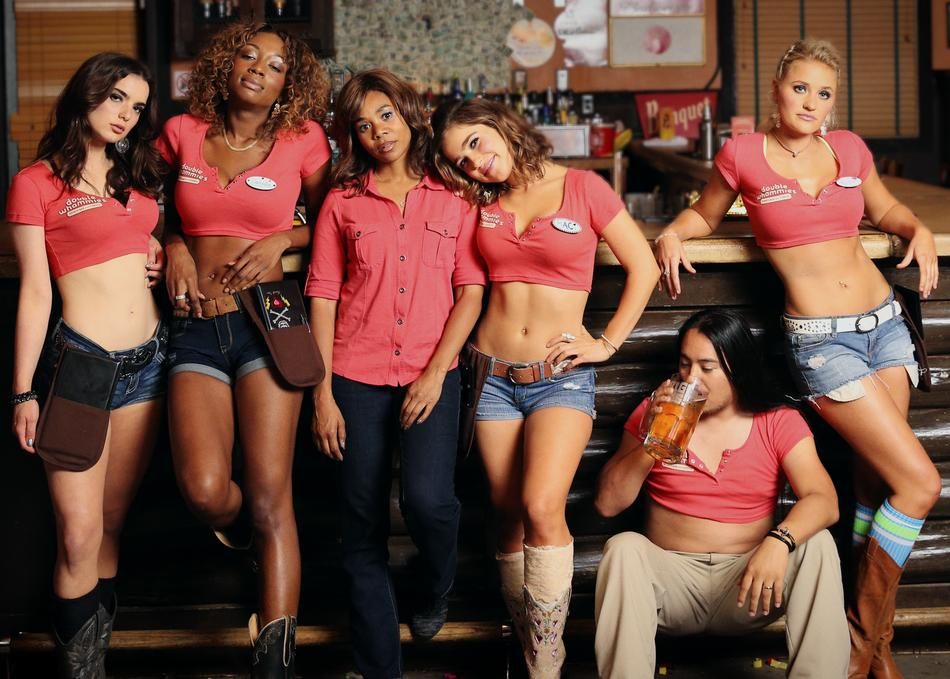30. Cabin Boy (1994, Adam Resnick)

28. The Church (1989, Michele Soavi)
27. Sisters (1972, Brian De Palma)
26. The Walker (2007, Paul Schrader)
25. Benny's Video (1992, Michael Haneke)
24. Went the Day Well? (1942, Alberto Cavalcanti)
23. Seeds (1968, Andy Milligan)
22. Spin (1995, Brian Springer)
21. Ms. 45 (1981, Abel Ferrara)
20. Sebastiane (1976, Derek Jarman and Paul Humfress)
19. Shaft (1971, Gordon Parks)
18. La Cienaga (2001, Lucrecia Martel)
17. Images (1972, Robert Altman)
16. Original Cast Album: Company (1970, D.A. Pennebaker)15. Torch Song Trilogy (1988, Paul Bogart)
14. The Devils (1971, Ken Russell)
13. The 4 Horsemen of the Apocalypse (1962, Vincente Minnelli)
12. Star 80 (1983, Bob Fosse)
11. On the Town (1949, Stanley Donen and Gene Kelly)10. High Noon (1952, Fred Zinnemann)
9. Juvenile Court (1973, Frederick Wiseman)
8. Affliction (1998, Paul Schrader)
7. Mo' Better Blues (1990, Spike Lee)
6. The Band's Visit (2008, Eran Kolirin)
5. Blue (1993, Derek Jarman)
4. Lust, Caution (2007, Ang Lee)
3. He Who Gets Slapped (1924, Victor Sjöström)
2. Maurice (1987, James Ivory)
1. The Secret Lives of Dentists (2003, Alan Rudolph)






























